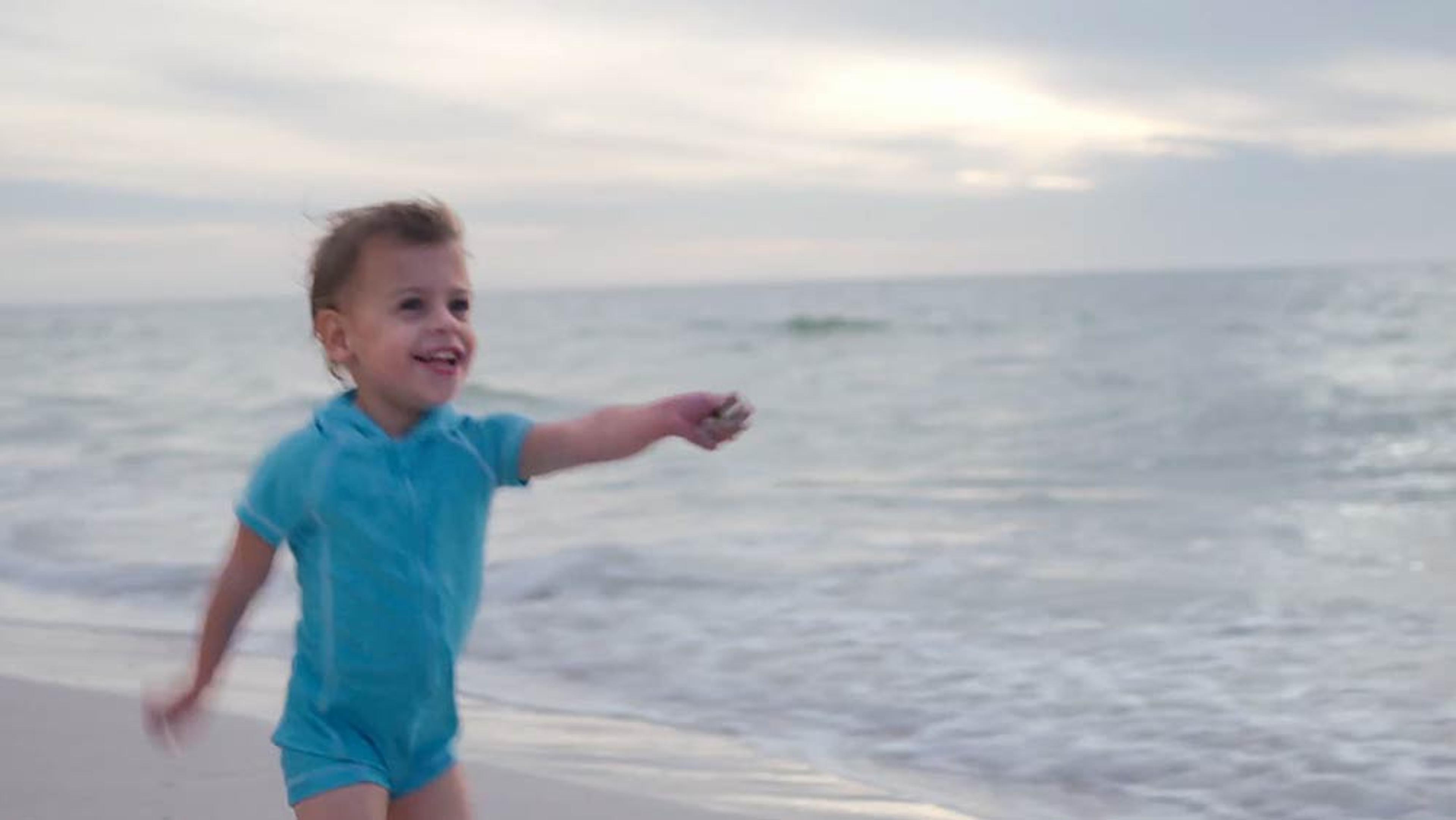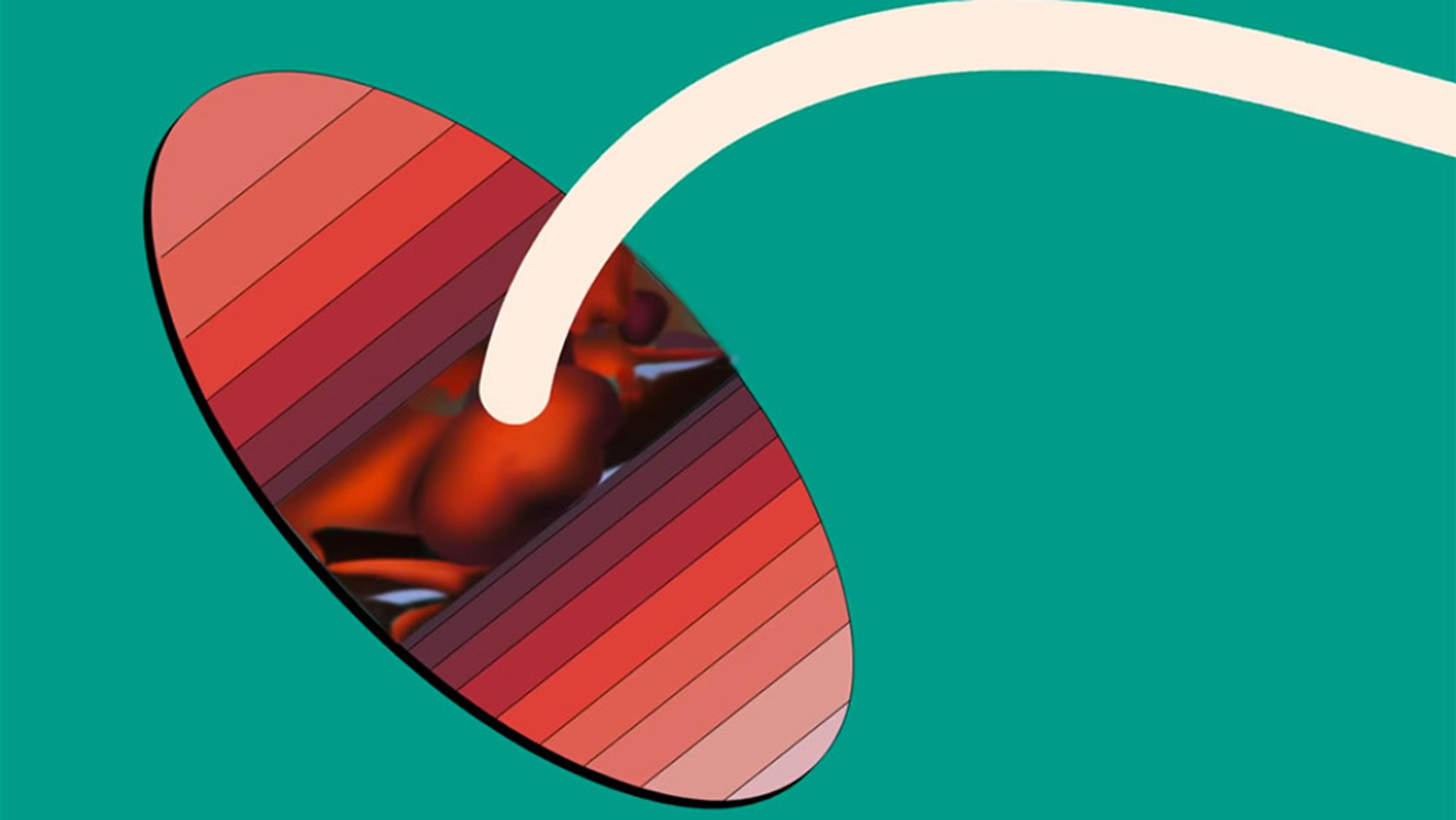When assisting conception with in vitro fertilisation, embryologists need to achieve a delicate balance: transfer too many healthy embryos, and a woman faces the potential danger of twins or triplets; transfer too few, and a woman risks having to repeat the process or not having a child at all. Human fertilisation, as it turns out, is an uncertain process both inside and outside of fertility clinics. This video from KQED San Francisco’s science documentary series Deep Look shows how researchers are getting closer to making in vitro fertilisation a more precise science.
New research helps predict which human embryos are most likely to succeed
Producer: Gabriela Quirós
3 April 2015

videoBioethics
When, if ever, is selecting a ‘designer baby’ ethical?
5 minutes

videoWellbeing
Juniper was born dangerously premature. What was it that made her keep going?
6 minutes

videoHuman evolution
In the tug-of-war between mother and baby, the placenta is a life-giving referee
4 minutes

videoBioethics
Is it ethical to have a second child so that your first might live?
10 minutes

videoTechnology and the self
Why single Chinese women are freezing their eggs in California
24 minutes

videoBiology
Dive deep into an egg cell to see how ageing reboots when a new life begins
2 minutes


